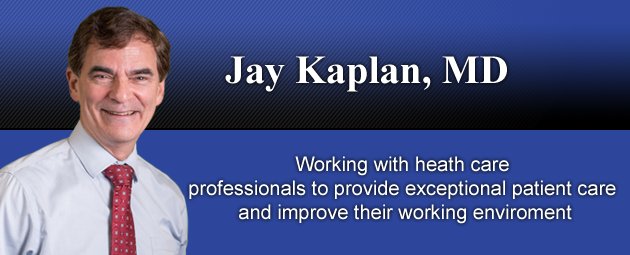Dr. Kaplan is Medical Director of Care Transformation for LCMC Health in New Orleans, LA. He is Clinical Associate Professor of Medicine, Section of Emergency Medicine, LSU Health Sciences Center, and an attending emergency physician and academic faculty for the Emergency Medicine Residency at University Medical Center New Orleans. Dr. Kaplan is a past President of the American College of Emergency Physicians and current national faculty for ACEP, as well as a member of the National Academy of Medicine Action Collaborative on Clinician Well-Being and Resilience. Dr. Kaplan is a past Medical Director of Studer Group and past Director of Service and Operational Excellence for CEP America. A graduate of Harvard College and Harvard Medical School, he was named ACEP’s Outstanding Speaker of the Year in 2003, and in 2007 Studer Group honored him with their Physician Fire Starter Award. Other honors include the Grace Humanitarian Award of the Thomas Jefferson University Hospital Department of Emergency Medicine (2011) and the University of Maryland Department of Emergency Medicine Outstanding Leadership in Emergency Medicine award (2014).
Dr. Kaplan served as Chairman of the Department of Emergency Medicine (1985-2001) and as a Medical Staff Officer including Chief of Staff (1992-2001) at Saint Barnabas Medical Center in Livingston, NJ. As Chairman of Emergency Services for his health system (1998-2001), he led his system’s emergency departments to the 98th percentile in patient satisfaction and his own emergency department was in the > 90th percentile for 6 years in a row (1996-2001). As an international speaker and facilitator, Dr. Kaplan has presented to and coached hospital and physician leaders, medical groups, emergency departments, and individual physicians for more than 25 years. His approach remains tactical and directed toward improved outcomes, emphasizing the importance of teamwork.
Dr. Kaplan continues to practice clinically because he loves the clinical practice of medicine, and caring for patients helps him remain close to the patients’, the hospital staff’s, and the physicians’ current experience.
Also check out the following sections:

